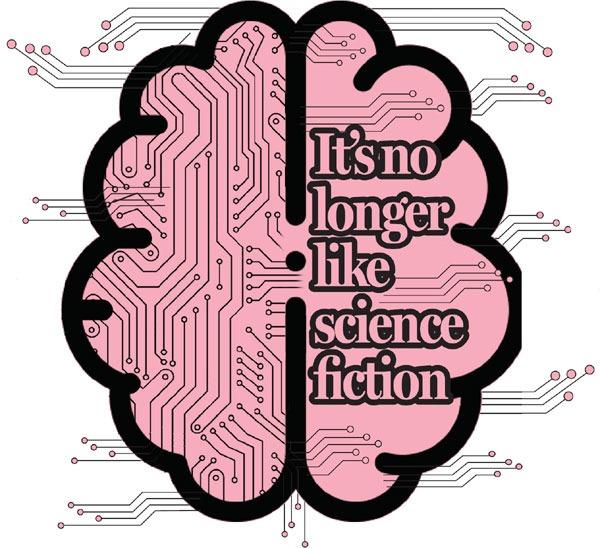It's no longer like science fiction


The medical world is witnessing a major breakthrough with a brain-machine system that could help people with paralysis recover using neurally-controlled robotic devices. Experts envision it as the foundation of the "ultimate metaverse". Chai Hua reports from Hong Kong.
With the help of an implanted brain chip, a monkey can type out words on a computer screen or play video games using only its mind! It sounds like science fiction, but in fact it's real, thanks to the brain-computer interface (BCI). And in six months, the technology will be tested on humans!
Although research into achieving such an astonishing breakthrough began decades ago worldwide, it wasn't until recently that BCI has become accessible to mass consumers with more user-friendly designs to wear. Investors are also drawn to the new $200 billion market as emerging startups race to churn out commercialized products.
Biology and medical research give the Hong Kong Special Administrative Region an advantage in developing the BCI sector, which could become a platform for transforming our society. And experts are taking it further, urging that bolder and timelier steps be taken as long-term investment strategies.
Electrical activity in the brain was first detected about a century ago when the German psychiatrist Hans Berger recorded the world's first electroencephalography. Scientists later learnt how to implant an electrode grid over the cortex, the outermost layer of a brain, to collect neural signals and translate them into digital information. In the early days, the technology was used to identify regions of the cortex that generate epileptic seizures; later, digital information could be programmed to control real-world interactions, such as language and robotic limbs, as a way to replace the human body's common neural pathways and muscles.
For the first time, in 2012, a patient with tetraplegia could reach out and grasp a bottle of water using a neurally-controlled robotic arm. However, the medical devices were relatively big and connected to a real-time computer with a data wire, creating medical risks.




































